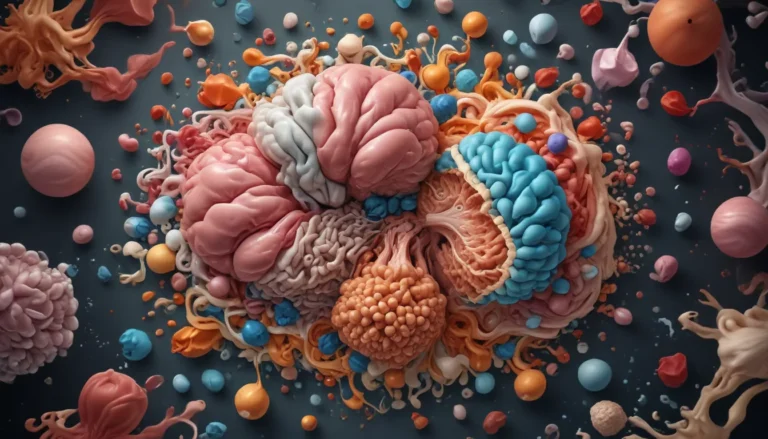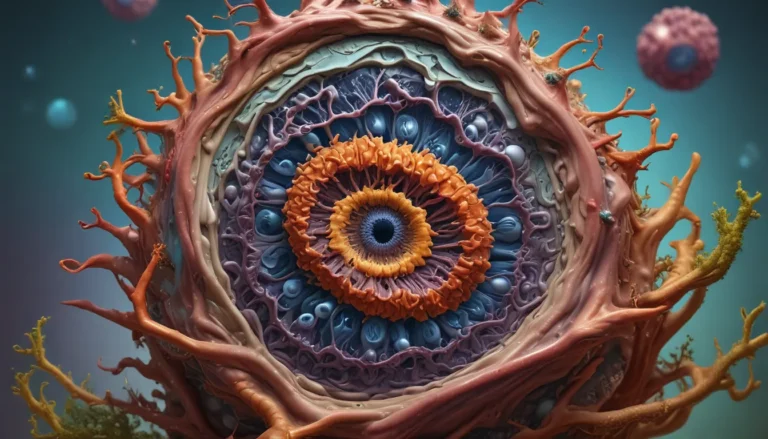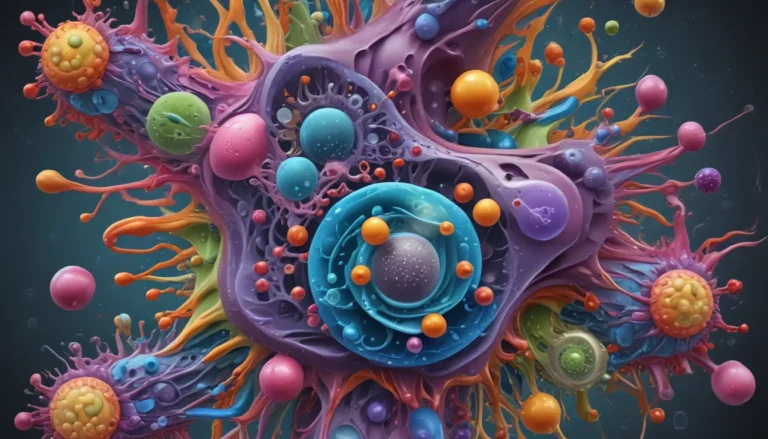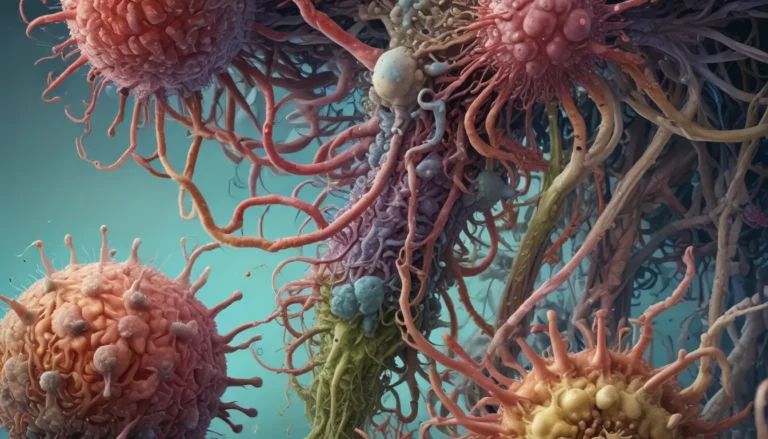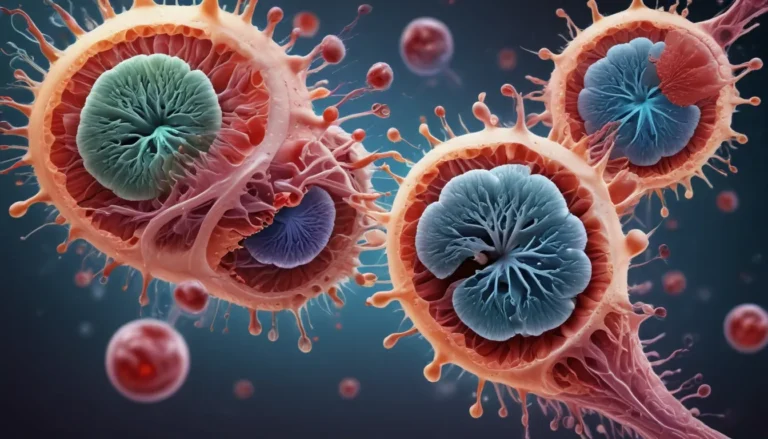A Note About Images: The images used in our articles are for illustration purposes only and may not exactly match the content. They are meant to engage readers, but the text should be relied upon for accurate information.
Are you curious about the captivating world of oncogenes and their crucial role in cancer development? Oncogenes are like troublemaking genes that can turn normal cells into cancerous ones, and understanding them is vital for developing new cancer treatments. In this article, we will explore 19 fascinating facts about oncogenes that will broaden your knowledge and deepen your understanding of their significance in cancer biology. From how they are activated to their impact on cellular processes, these facts will showcase the intricate nature of oncogenes and their implications for both scientific research and potential therapeutic interventions. So, let’s dive into the intriguing world of oncogenes and unravel the mysteries surrounding them.
Key Takeaways:
- Oncogenes play a crucial role in cancer development by promoting uncontrolled cell growth, angiogenesis, and metastasis.
- Targeted therapies that aim to inhibit the activity of specific oncogenes have shown promising results in cancer treatment.
- Understanding oncogenes is instrumental in developing new cancer treatments and innovative therapies in precision medicine.
The Role of Oncogenes in Cancer Development
Oncogenes are specific genes that have the potential to transform normal cells into cancerous ones. Their activation or overexpression can lead to uncontrolled cell growth and division, ultimately contributing to the development of cancer. Scientists have identified various types of oncogenes that are involved in different cellular processes, including proto-oncogenes, viral oncogenes, and mutated oncogenes. These genes can be activated by mutations or triggered by viruses like HPV and EBV, promoting cancer development.
Factors Influencing Oncogene Activity
Certain lifestyle factors such as tobacco smoke, poor diet, excessive alcohol consumption, and UV radiation exposure can influence the activity of oncogenes, increasing the risk of cancer development. Additionally, environmental factors and inherited genetic abnormalities can lead to mutations in oncogenes, disrupting normal cell signaling pathways and promoting tumor formation. Understanding the impact of these factors is crucial for developing effective cancer prevention strategies.
Targeted Therapies for Oncogenes
Targeted therapies that aim to inhibit the activity of specific oncogenes have shown promising results in cancer treatment. By suppressing the growth and progression of tumors, these therapies can improve patient outcomes and reduce the burden of cancer worldwide. Epigenetic modifications, such as DNA methylation and histone modifications, can also influence oncogene expression, contributing to cancer development. Abnormal epigenetic changes can lead to the activation or silencing of oncogenes, highlighting the importance of targeting these alterations in cancer therapies.
Oncogenes and Tumor Suppressor Genes
Imbalances between oncogenes and tumor suppressor genes play a critical role in the initiation and progression of cancer. An intact and balanced interplay between these genes is essential for maintaining proper cellular homeostasis. Mutations in tumor suppressor genes can lead to the activation of oncogenes, driving uncontrolled cell division and tumor growth. Recognizing the interactions between these genes is vital for understanding the complexities of cancer development and identifying potential therapeutic targets.
The Future of Cancer Treatment
Advancements in our understanding of oncogenes and their role in cancer development have been instrumental in the development of new and innovative cancer therapies. These treatments hold the potential to improve patient outcomes and reduce the burden of cancer worldwide. By unraveling the complexities of oncogenes, scientists are inching closer to finding more effective treatments and preventive measures for cancer. The ongoing research in this area promises to bring about significant breakthroughs that will ultimately improve the lives of millions of people affected by cancer.
Conclusion
In conclusion, oncogenes play a significant role in cancer development by promoting uncontrolled cell growth, angiogenesis, and metastasis. Understanding the complex mechanisms behind oncogenes is essential for developing new cancer treatments and innovative therapies in precision medicine. By targeting specific oncogenes and their associated molecular pathways, researchers are paving the way for personalized medicine approaches that can improve patient outcomes and reduce the burden of cancer worldwide. The ongoing research in this field promises to bring about significant breakthroughs that will ultimately improve the lives of millions of people affected by cancer.

